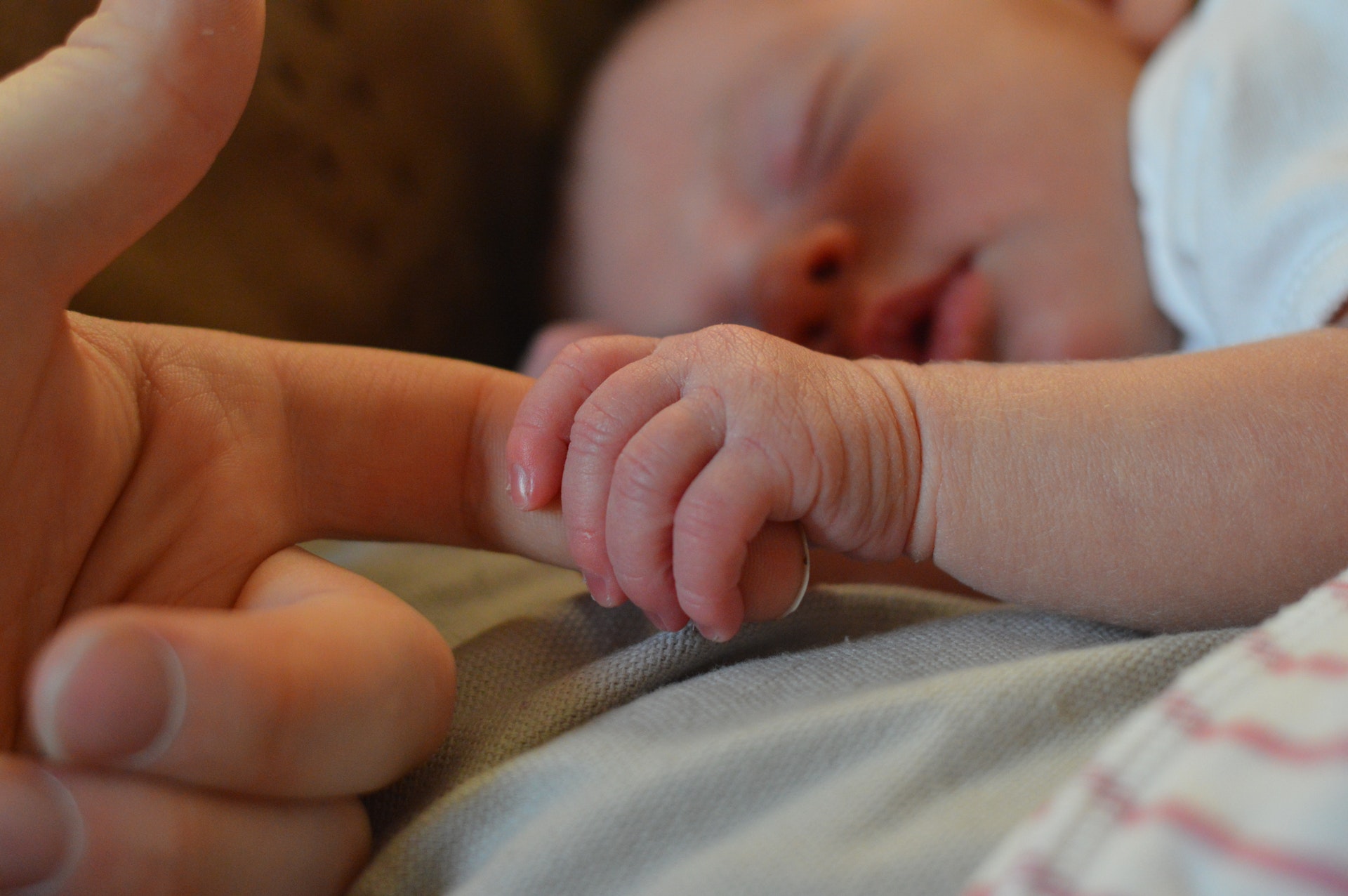
Why Having Five or More Babies May Increase Your Risk of Alzheimer’s
Giving birth to a child is one of life’s greatest gifts. However, those who have five or more children may increase their risk of Alzheimer’s by up to 70 percent in comparison to women who have fewer births.
These findings come from a recent study, highlighting the relationship between pregnancy, childbirth, and neurological decline.
Women Who Give Birth to 5+ Children May Increase Their Risk of Alzheimer’s
After studying more than 3,500 women in Greece and South Korea, researchers found a significant link between Alzheimer’s and a higher number of childbirths. What was interesting, is that even women who did not have dementia (yet had given birth 5+ times) scored lower on cognitive tests than those who had fewer children.
All of the women studied were older than 60 and the average age was 71. In addition to their initial findings, the researchers also found that women who had endured one or two incomplete pregnancies had a lower risk of developing Alzheimer’s in comparison to women who had never been pregnant. In fact, the women who experience a minimum of one interrupted pregnancy had nearly half the risk.
Based on previous research, the team expected an association between childbirth and Alzheimer’s risk. However, they were surprised to find a link between this disease and incomplete pregnancies. More specifically, that incomplete pregnancies would lower a woman’s risk of Alzheimer’s.
In summary, the team concluded that five or more completed pregnancies is associated with a high risk of Alzheimer’s, while incomplete pregnancy is associated with a low risk of Alzheimer’s. These findings were published in Neurology.
What Could Explain These Findings?
Prior research has concluded that women are more likely than men to develop Alzheimer’s in their lifetime. This may be a result of hormonal and genetic risk factors. For example, one Stanford study found that women who carry the ApoE-4 gene are twice as likely to develop Alzheimer’s in comparison to women who do not carry this genetic risk factor.
In contrast, while studying men, risk levels only differed slightly between men who carry the ApoE-4 gene and men who do not. Once again, this has led researchers to believe that hormones and pregnancy contribute to these findings. However, researchers believe that women are more susceptible to Alzheimer’s due to multiple variables.
While studying both humans and animals, researchers have found that when estrogen is modestly elevated, it offers neuroprotective effects. However, once estrogen levels become extremely elevated, this leads to neurotoxic effects. Since pregnancy results in a hormonal roller coaster, this may contribute to a woman’s risk of Alzheimer’s.
What About the Effect of Incomplete Pregnancies On Alzheimer’s Risk?
Since pregnancy causes hormones levels to rise and drop, researchers are beginning to consider the long-term implications. These hormones include estrogen, progesterone, and cortisol. In the first trimester, for instance, estrogen modestly rise. Following this trimester, levels skyrocket for the remainder of the pregnancy.
This may explain the findings associated with incomplete pregnancies. It may be possible that during the first trimester, estrogen levels reach an optimal level in terms of reducing the risk of Alzheimer’s. However, too many births would likely have the opposite effect.
Prior research has also linked numerous births to vascular risk factors, including high cholesterol, diabetes, obesity, and high blood pressure. This study did account for these risk factors, as well as higher education, employment, and socioeconomic status.
All of the women studied had not taken part in hormone replacement therapy. They also had not participated in any other medical procedure that may alter hormone levels. For example, having an ovary removed or undergoing a hysterectomy.
Introducing BrainTest®
Alzheimer’s affects so many individuals across the United States and the world. This has made a large portion of the population concerned about their level of cognitive thinking as they age. If you missed our post on the difference between the early warning signs of dementia and age-related memory loss, you can read it here.
Also, if you are concerned that you may be suffering from the early warning signs of dementia, it is imperative that you seek a professional opinion. The BrainTest® app is a scientifically-validated assessment tool that can help you detect the potential warning signs of Alzheimer’s, dementia, and other cognitive impairments.
By obtaining real-time results, you can then better address your concerns with a medical professional. You can also track changes across time. For more information on the science behind this app, you may read the related studies here.
If you have any questions, contact our support team.